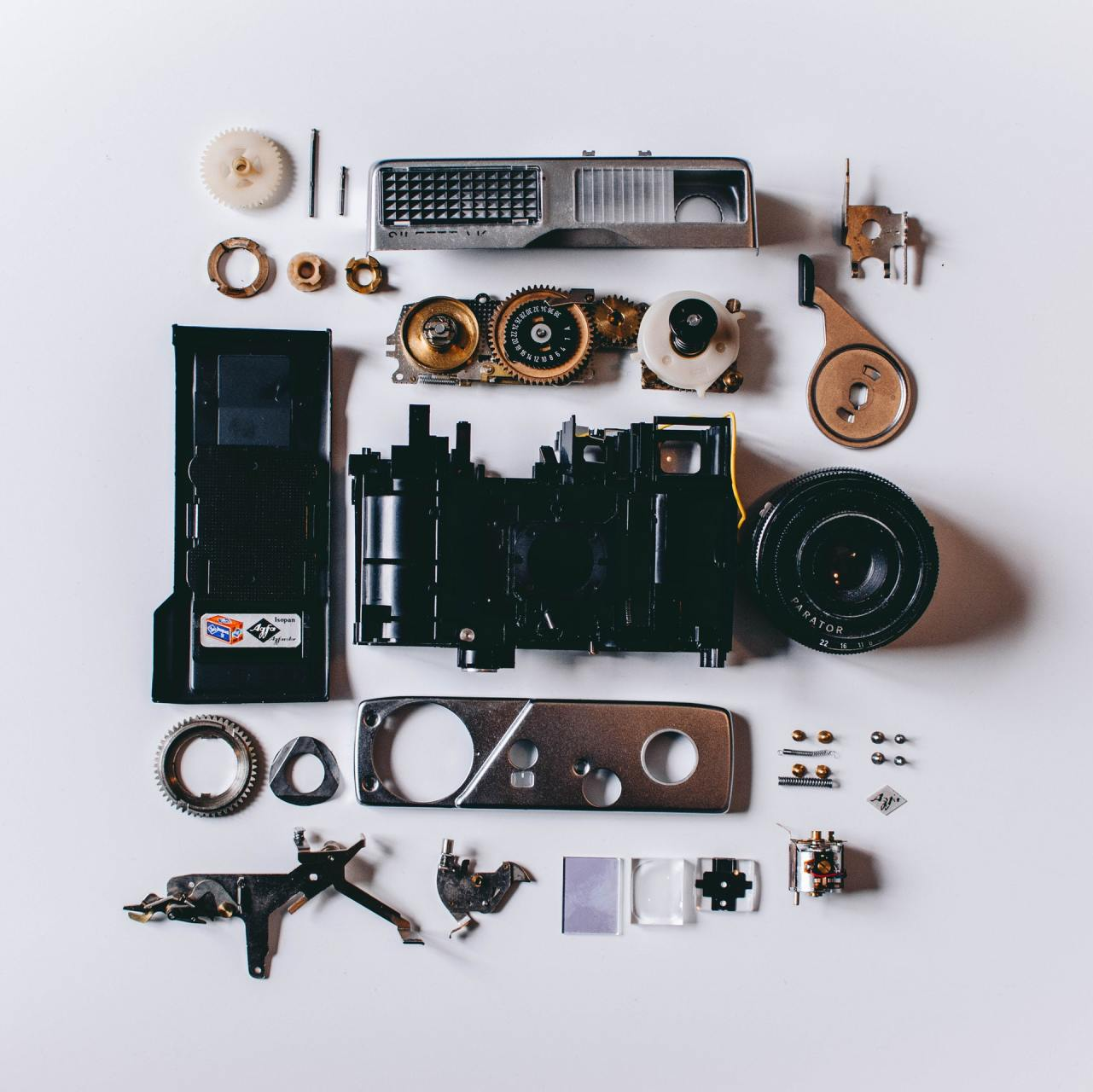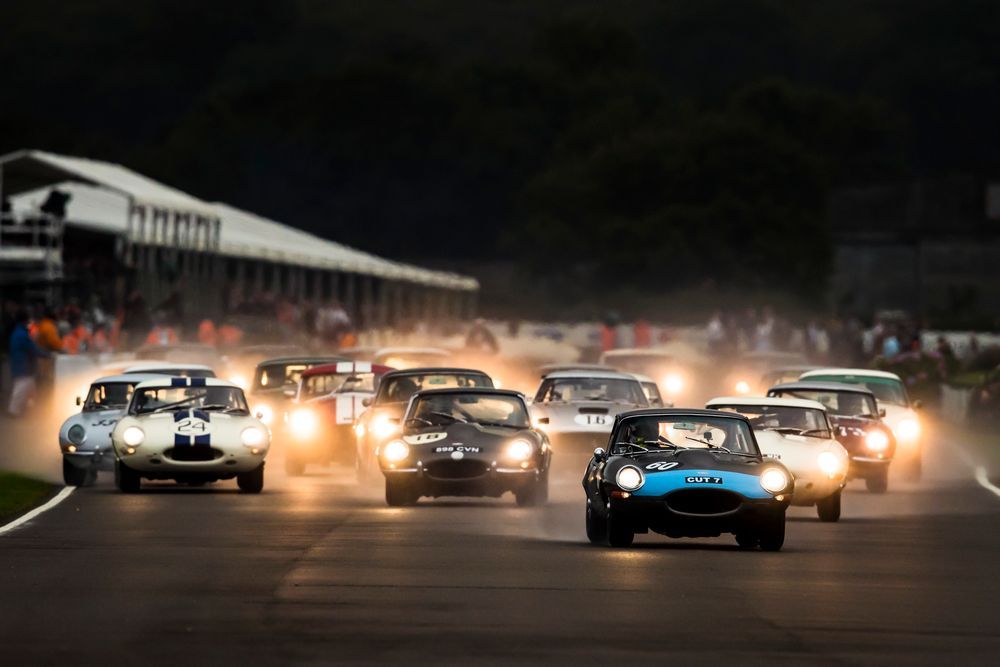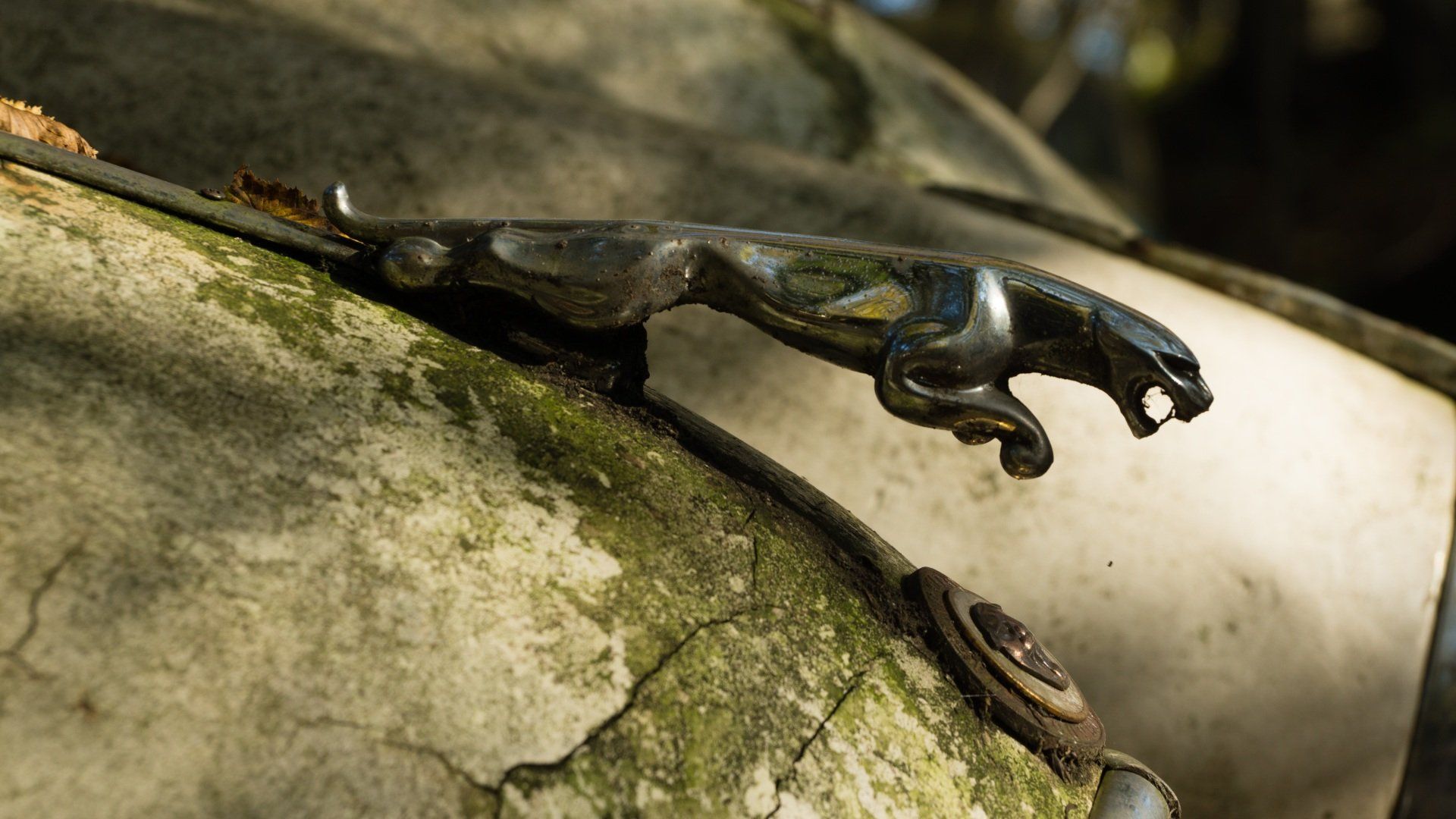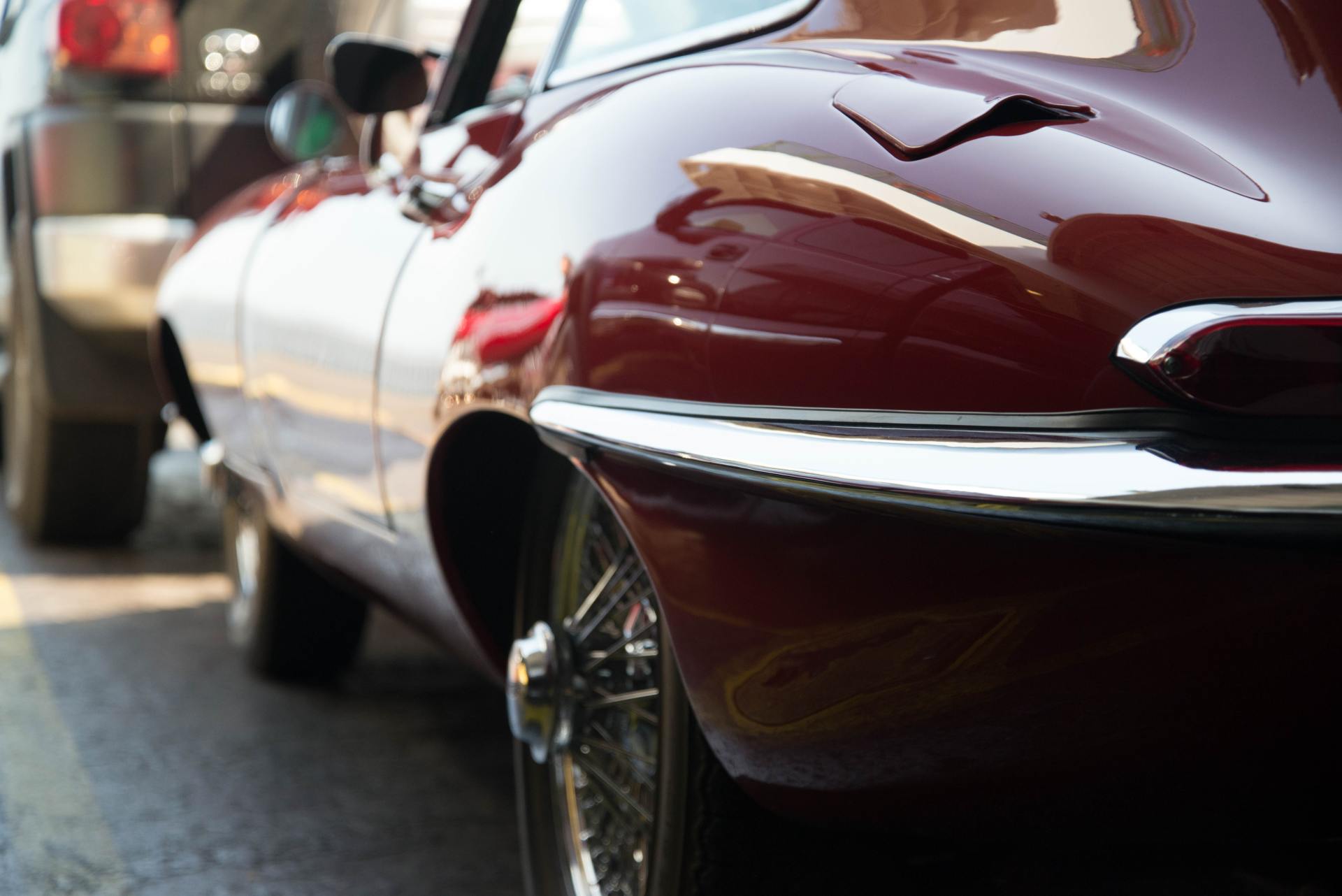What to Consider When Buying a Historic Car
- by Jagland
- •
- 20 Mar, 2019
- •
Getting bitten by the classic car bug can happen at any point in your life, whether it’s a car you’ve always dreamed about having, or you like the idea of restoring an old classic. No matter what the reason is, it’s always a good idea to have a clear plan of action. Take a look through our top tips when it comes to buying a classic or historic car.
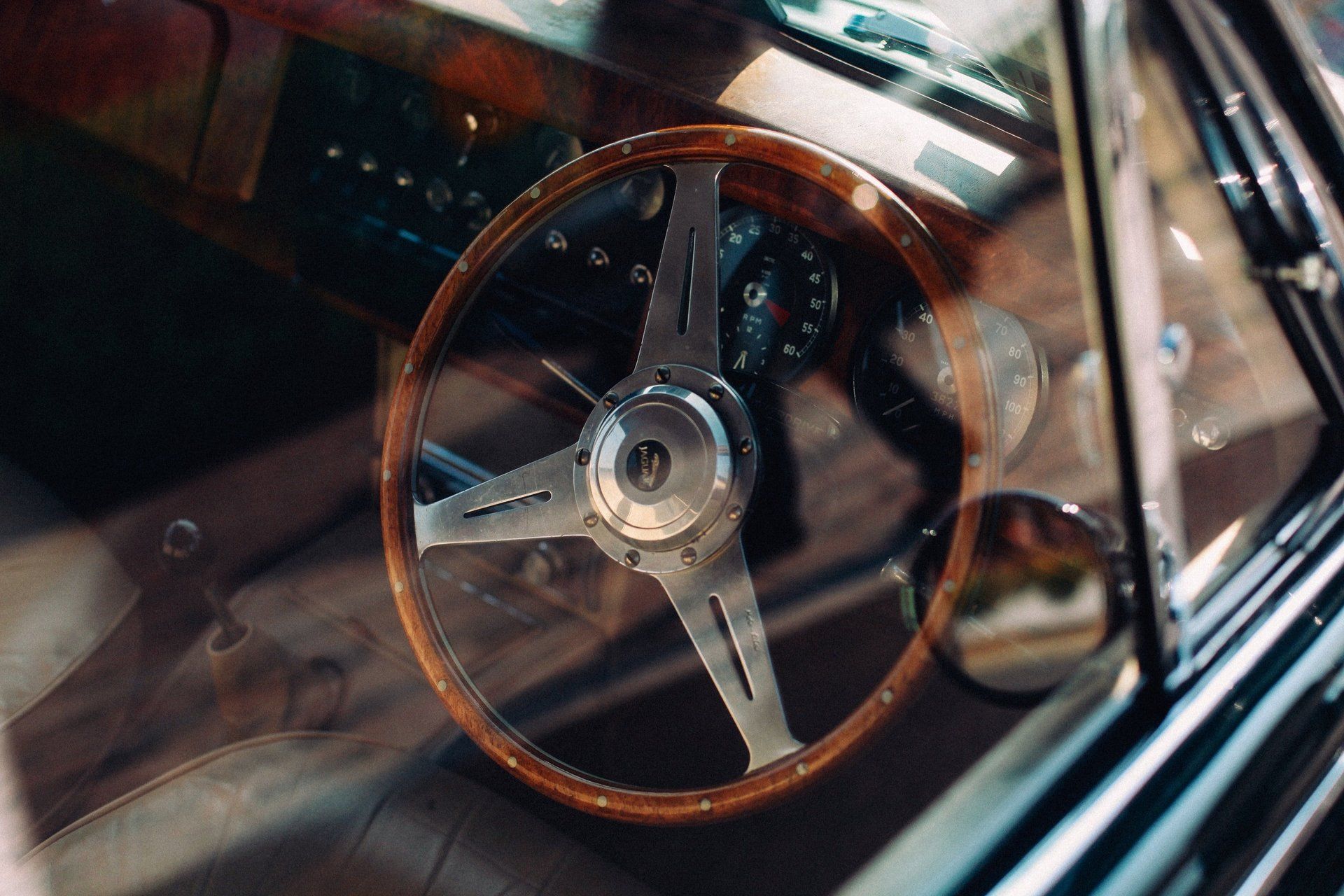
1. What’s Your Budget?
Buying the classic car of your dreams can be an emotional decision rather than a considered one. Set a budget and keep to this to avoid it running away from you. Consider all the areas that may become expensive such as: running costs, maintenance, and insurance. For example, there may be a smaller engine version of the model you’re lusting after that could be more appropriate for daily or weekend use.
2. Dealer or Private?
When it comes to picking between purchasing your vehicle from a dealer or private party, it really is a personal decision. With dealers you’ll often pay a higher price as they’re acting as the middlemen and will be adding commission to the overall sale price, the plus side of using a dealer is that there’s often room for negotiation, and the car should have a thorough inspection beforehand.
Buying privately, with classic cars these sellers will often be long term owners with extensive history on the car. This means you should have full knowledge of the cars condition and can purchase the vehicle at a better price than through a dealer. The downsides of a private seller is trust, for all the good private sellers there are many that should be avoided. Be wary of bold claims, and always verify where possible. If it doesn’t feel right, walk away.
3. What Will You Use It For?
Think about what you’ll be using the car for. Is it a track day machine, one for the weekend or a daily driver? All these areas need to be considered before you purchase your dream car.
4. Do Your Research
Once you have your heart set on your dream historic car, the next step is to research the vehicle as much as you can. Find out about any common faults, service schedules and if there are rust prone areas to investigate.

